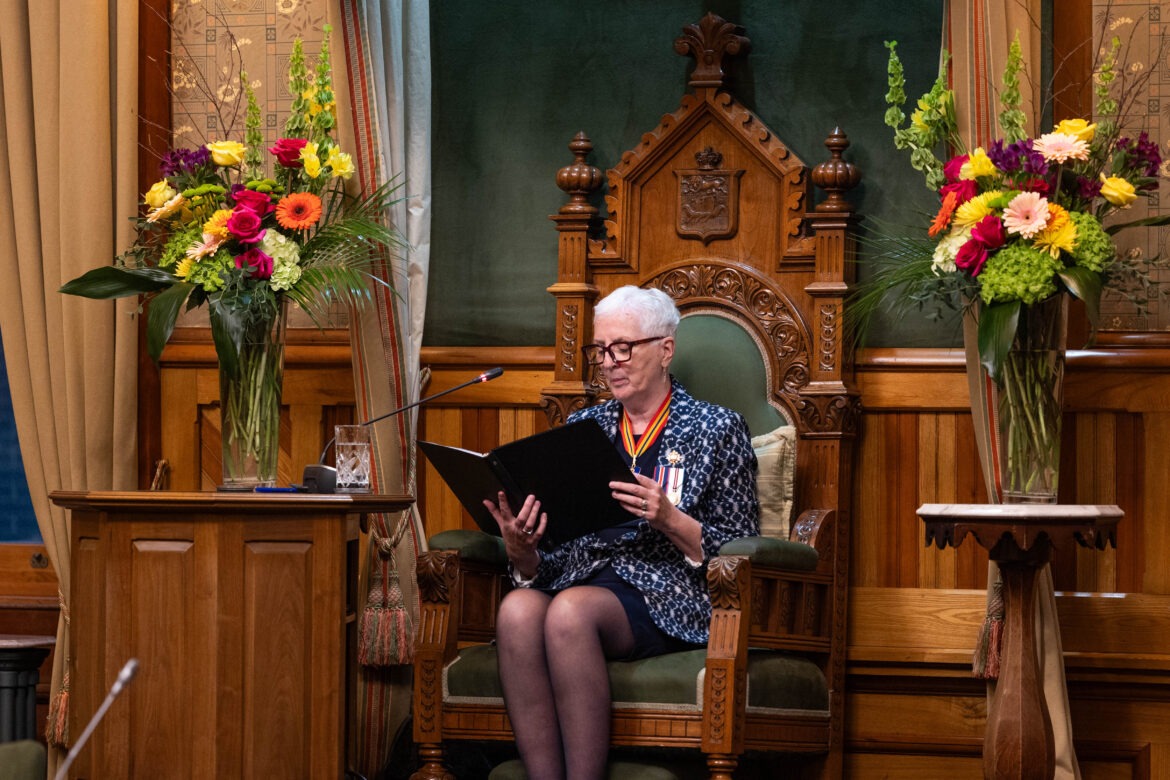660

Lt.-Gov. Brenda Murphy read the speech on behalf of the New Brunswick government, opening the first session of the 61st legislature.

The New Brunswick government announced plans in last week's Speech from the Throne to phase in pay equity in the private and health-care sectors and to simplify foreign credential recognition to address workforce challenges. Newly elected Premier Susan Holt said the government is "hitting the ground...
This article is available to registered HR News Canada members. Membership is free and provides full access to our independent reporting on workplace HR issues across Canada.
Already a member? Log in below
Todd Humber is an award-winning workplace journalist who has been covering the HR, employment law, and workplace safety beats for 25 years. He is the publisher and editor-in-chief at HR News Canada, published by North Wall Media.

HR News Canada is an independent source of workplace news for human resources professionals, managers, and business leaders. Published by North Wall Media.
©2026 All Right Reserved. Designed and Developed by North Wall Media